Warning: Spoilers ahead for God of War (2018) and God of War Ragnarök.
When you hear God of War, the first name that springs to mind is Kratos, the revenge-fueled, god-slaying, eponymous protagonist who is as synonymous with Sony’s long-running franchise as Nathan Drake is to Uncharted; as Master Chief is to Halo; as Lara Croft is to Tomb Raider; as Mario is to, well you get the point.
Which is what makes the notion of getting rid of Kratos from the series such a preposterous notion. According to a recent interview with God of War Ragnarök narrative director Matt Sophos however, that’s exactly what was supposed to happen in early drafts of the game. In the video sit-down with MinnMax, Sophos was asked about a mysterious mural which depicts Kratos’ death at the end of God of War (2016), one which is again shown at the beginning of God of War Ragnarök. Was this mural merely a red herring or was it a premonitory mural that foreshadowed Kratos’ death?
There was the earliest, earlier draft of an outline that we did come up with, that we took to Eric (Williams). We had Kratos die in the Thor fight at the very beginning of the game,” Sophos explained.
“It wasn’t a permanent death: what was gonna happen was [that] he would get pulled out of Hel[heim], essentially, by Atreus, but [at this point] 20 years have passed. There was gonna be a big time jump-type thing. It didn’t ultimately feel right. Eric was like, ‘I don’t wanna do that. Kratos has died and come back from it too many times. The hook, the emotion isn’t really there.’ And he was absolutely right; that’s why [that concept] didn’t last very long.”
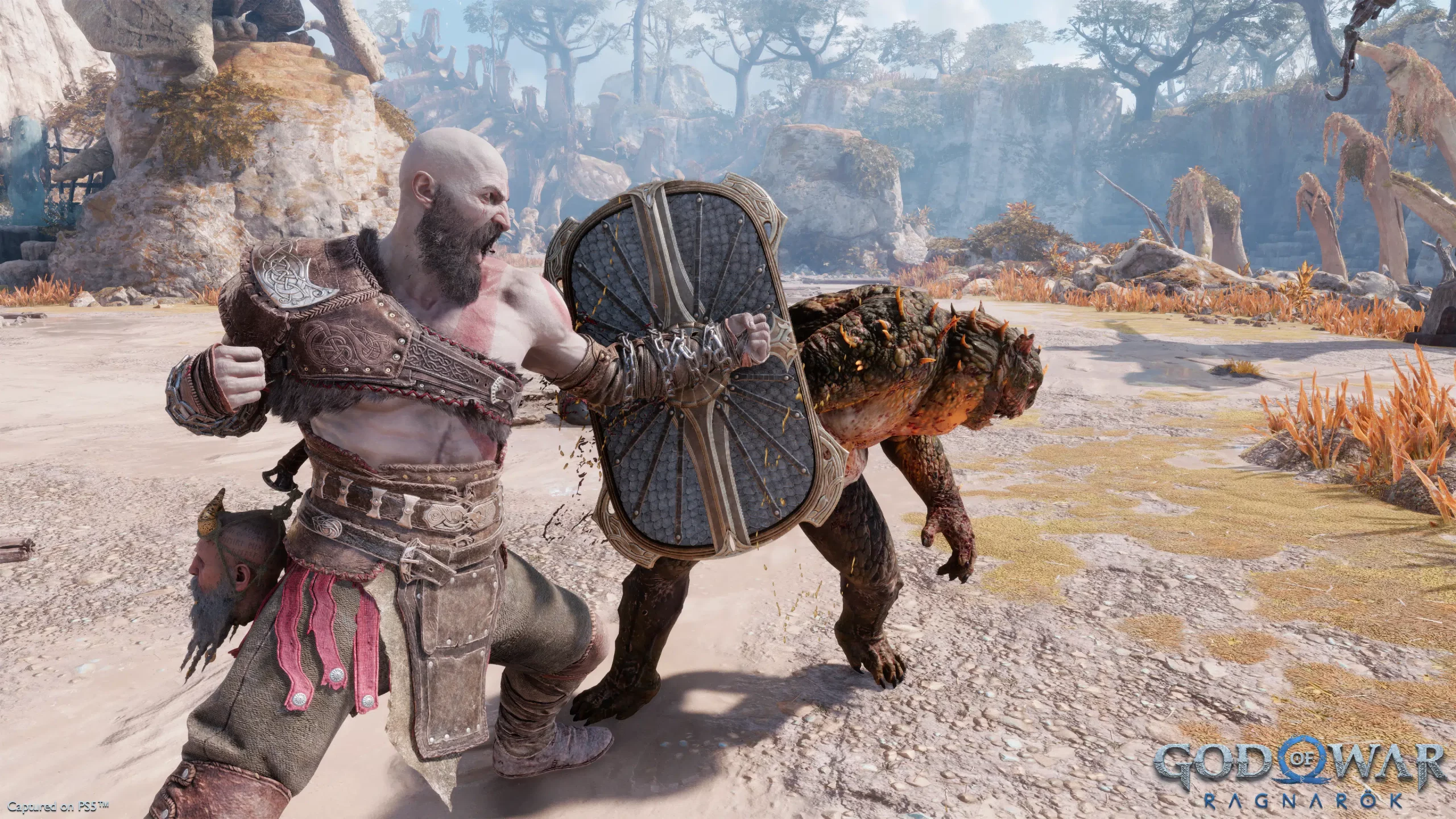
Sony Interactive Entertainment
Sophos added that keeping Kratos alive aligned more with one of the game’s major motifs, which was the repudiation of predestination.
“As we were developing the story, we knew we wanted it to be about letting go and changing,” Sophos added. “Knowing that Norse mythology is all about fate and prophecy and everything, and we wanted to say ‘that’s bullshit’, you know?
“Nothing is written that can’t be unwritten, as long as you’re willing to make changes in your life then you’re not bound to fate. And so when we landed on that, when we know that was the story we wanted to tell, we knew that Kratos couldn’t die.
“Because then it would be like, “Woah, are we gonna just say that Kratos couldn’t change?” And then that would suck. It became pretty clear to us early that [Kratos] can’t die if we want to tell the story we want to tell.”
And the rest, as they say, particularly the uplifting notion that one’s fate isn’t sealed in God of War Ragnarök, is history.
What do you think of the fact that Kratos almost met a different fate in God of War Ragnarök? Did the game’s designers and writers make the right decision in not killing Kratos off early in the game? Let us know in the comments.
Ninja Gaiden was my rite of passage at an early age. After finally beating that game (and narrowly dodging carpal tunnel) I decided to write about my gaming exploits. These days I enjoy roguelikes and anything Pokemon but I'll always dust off Super Mario RPG, Donkey Kong Country and StarFox 64 from time to time to bask in their glory.

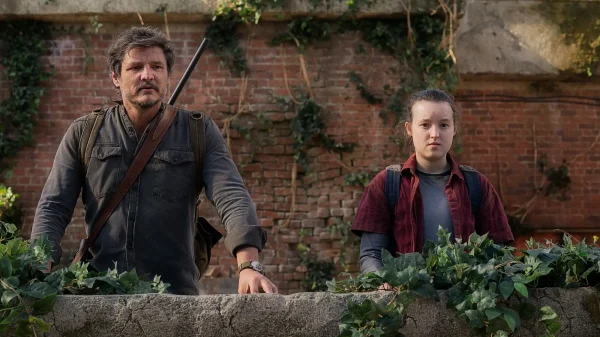
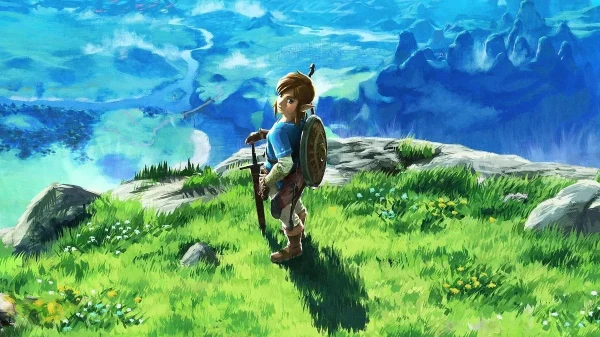

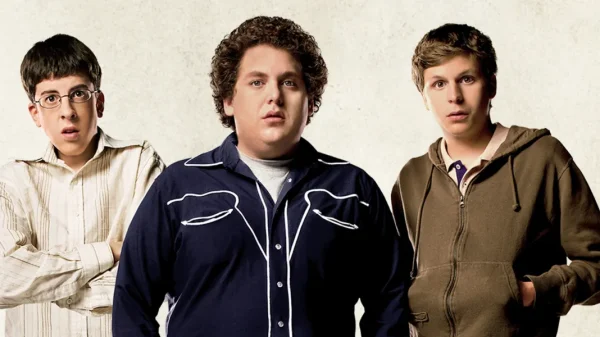
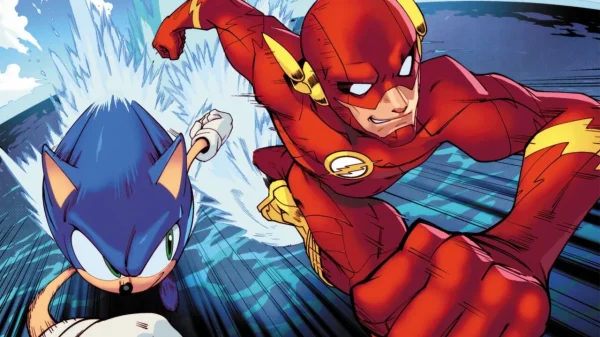


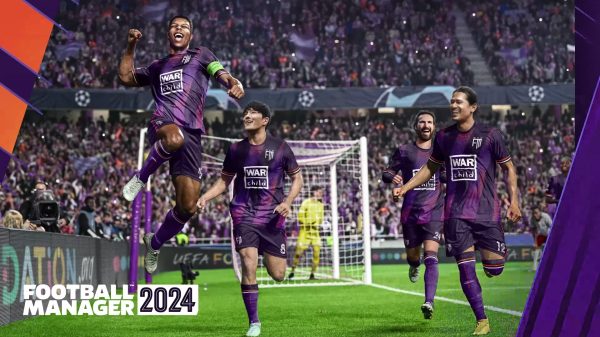

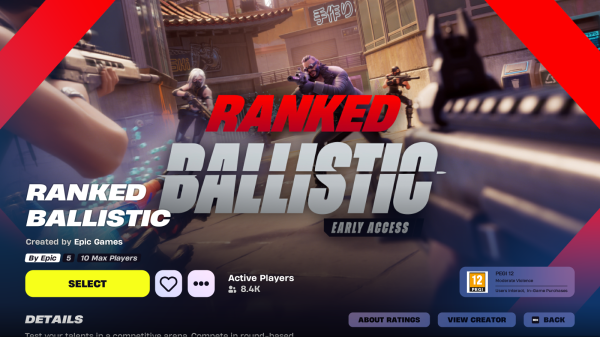
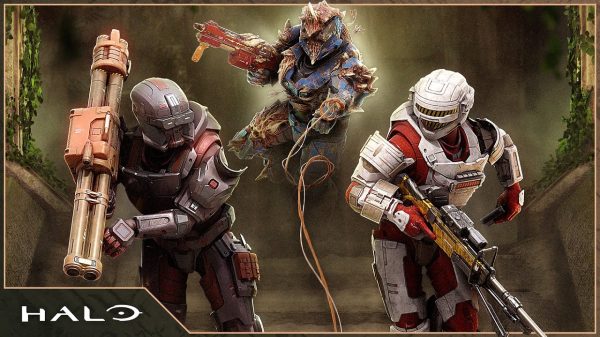
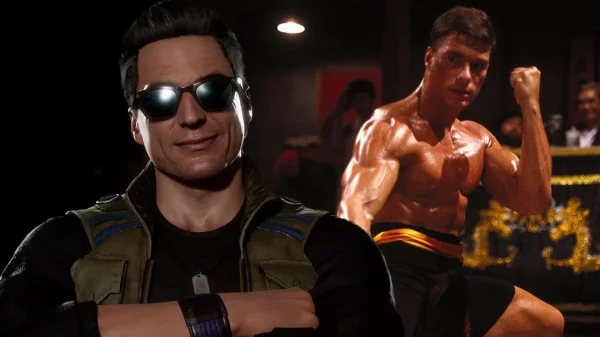
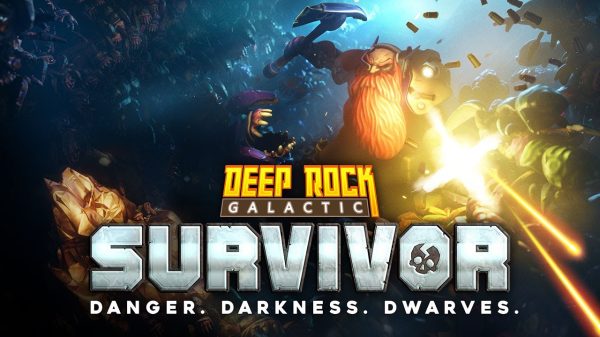
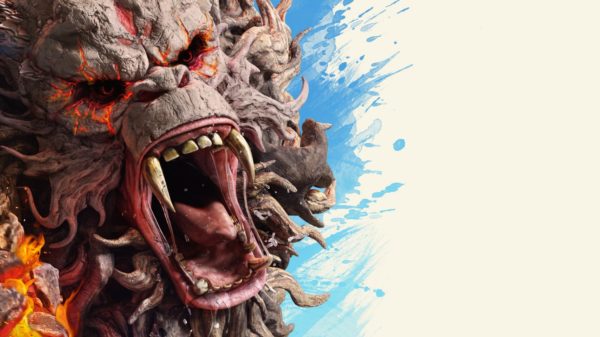
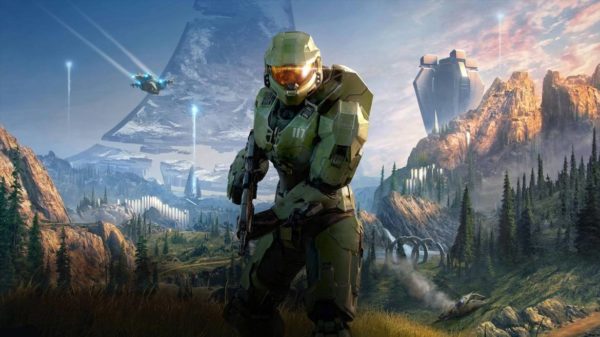
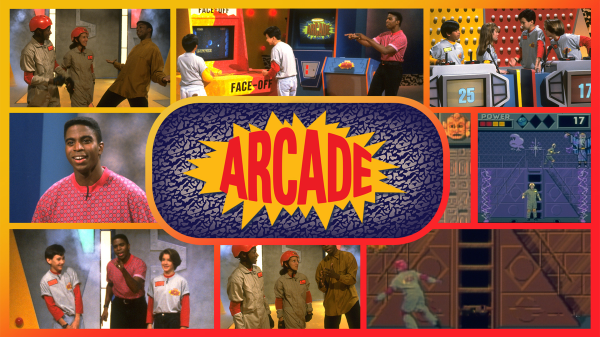


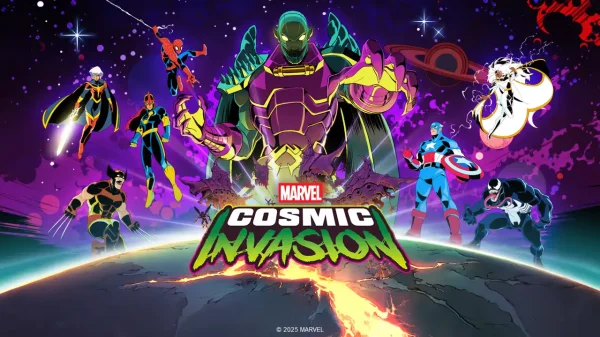
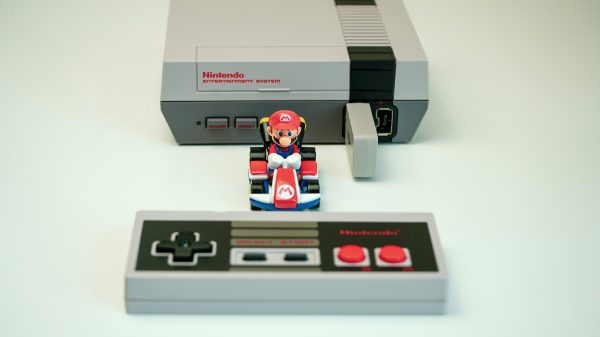
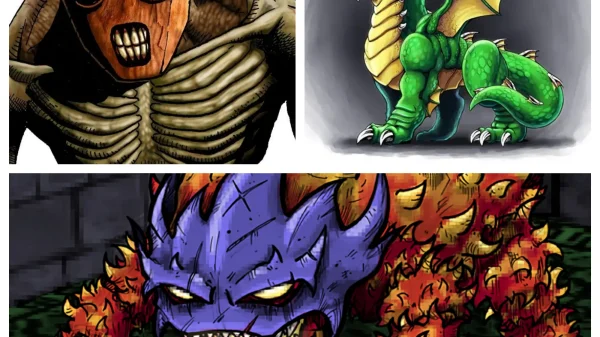
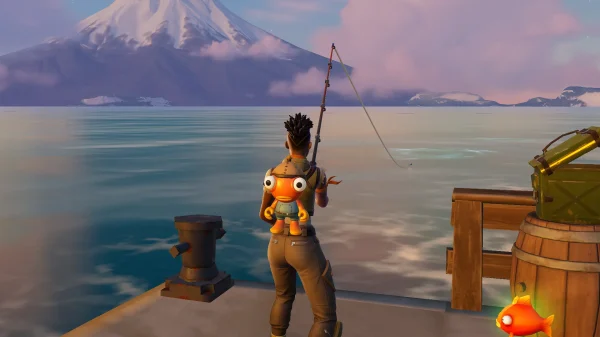

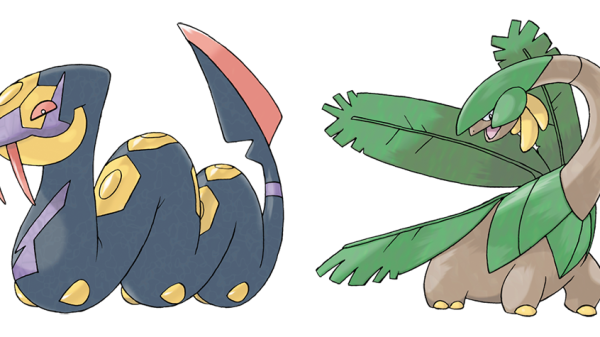
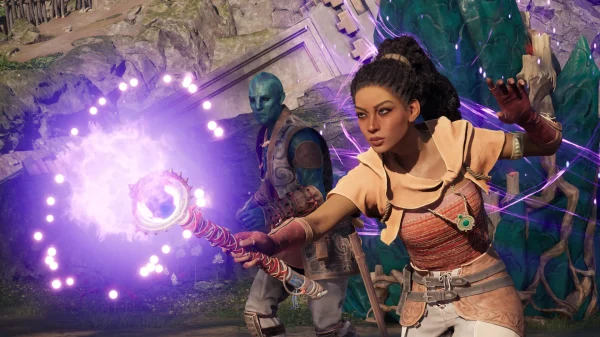
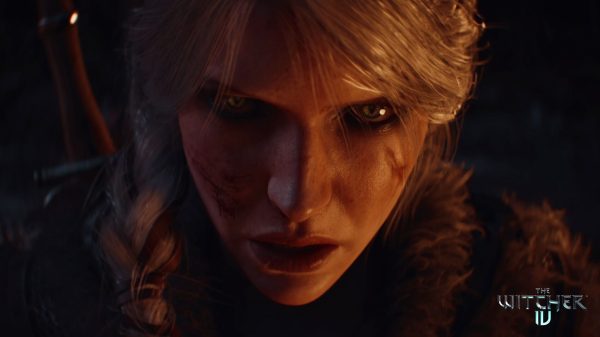
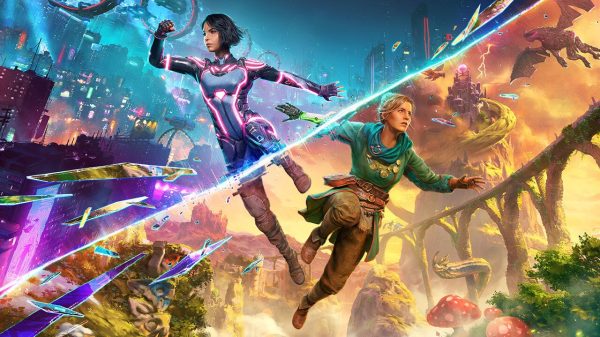
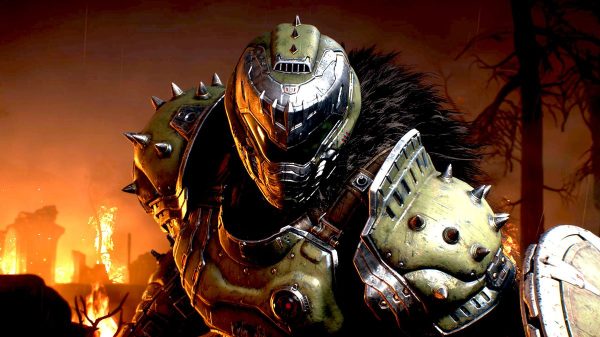
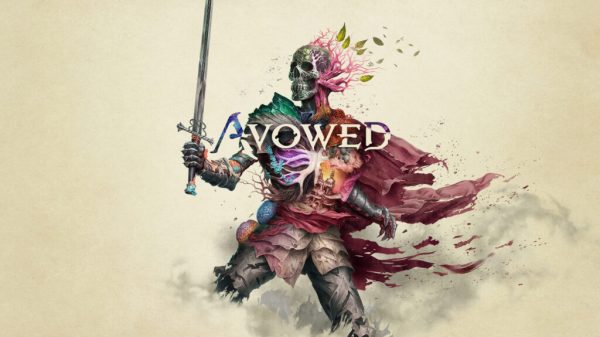


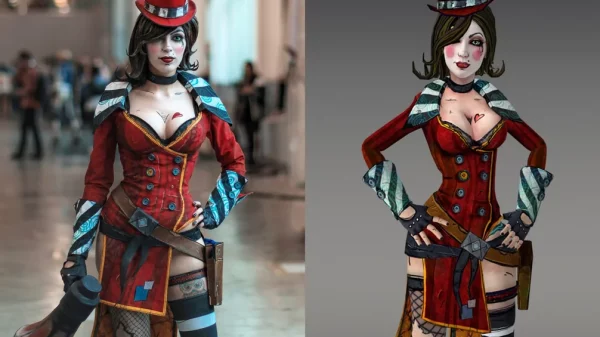


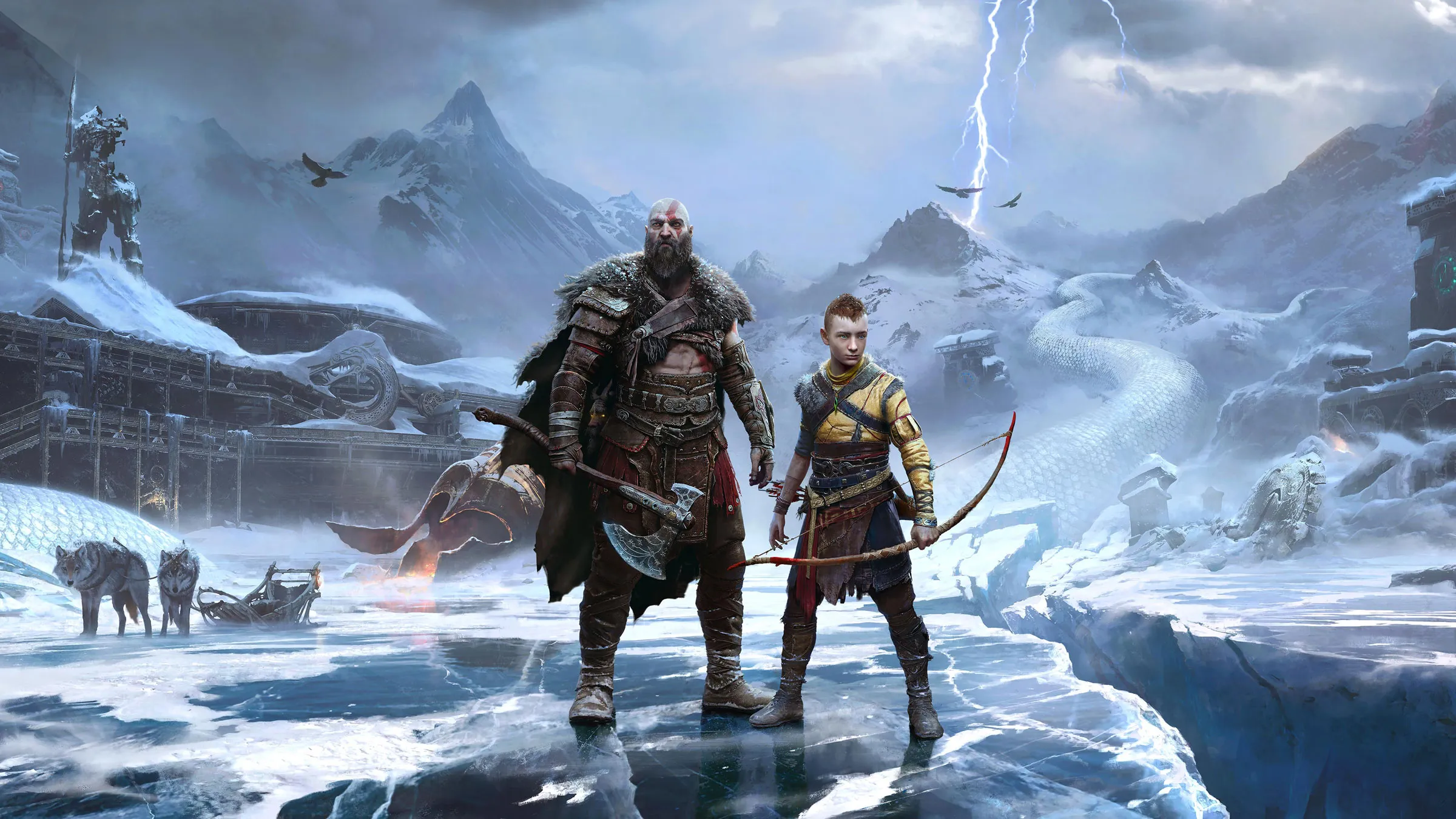












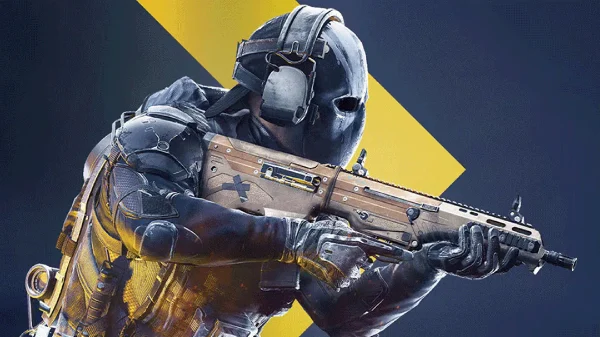

You must be logged in to post a comment Login